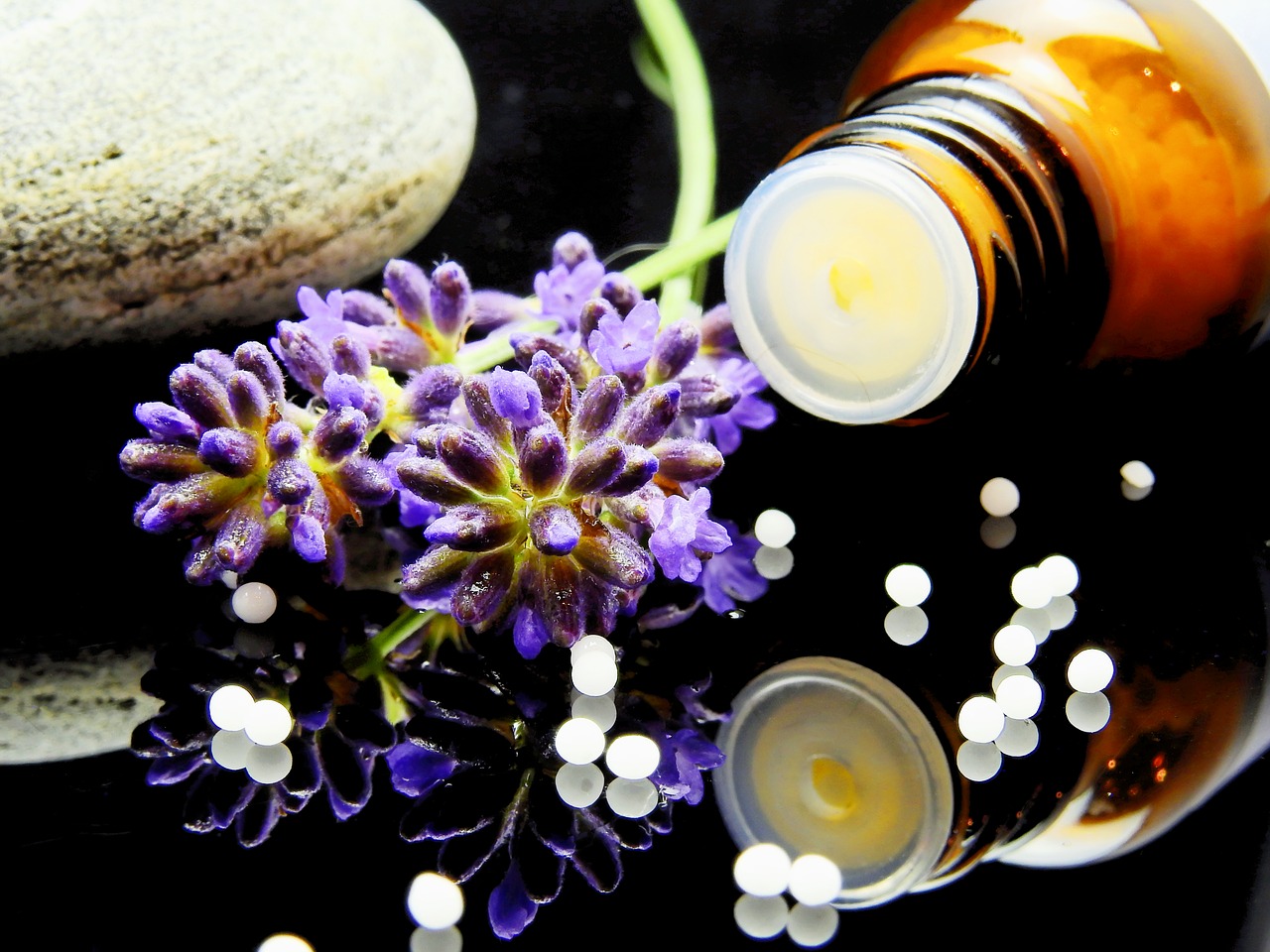In a draft guidance proposal released by the US Food and Drug Administration (FDA) in December 2017, homeopathic remedies face potential, stricter restrictions. Attention-grabbing headlines on the guidelines draft like “All Homeopathic Products Now Illegal?” and “FDA takes more aggressive stance toward homeopathic drugs” are frightening to those that rely on this natural form of medicine. What is really go on with homeopathy and the FDA?
What is Homeopathy?
Homeopathic medicine is based on the principles:
- Like cure like
- Minimum doses
- Single remedy((http://homeopathyusa.org/homeopathic-medicine.html))
This holistic, natural approach to health began in Germany in the 18th century. The root of the word comes from the Greek “homoios” meaning similar, and “pathos” meaning suffering.((https://homeopathic.com/a-condensed-history-of-homeopathy/))
The basic concept of homeopathy is to choose a natural remedy similar to the patient’s holistic symptoms to promote the immune system to respond. The FDA defines homeopathy as, “The practice of treating the syndromes and conditions which constitute disease with remedies that have produced similar syndromes and conditions in healthy subjects.”((https://www.fda.gov/ICECI/ComplianceManuals/CompliancePolicyGuidanceManual/ucm074360.htm))
Why Does the FDA Want Stricter Regulations for Homeopathy?
The United States government officially recognized homeopathy in three pieces of legislation and guidelines.
- Food, Drug, and Cosmetic Act (1938)
- Medicare Act (1965)((http://homeopathyusa.org/homeopathic-medicine.html))
- CPG Sec. 400.400 Conditions Under Which Homeopathic Drugs May be Marketed (1988, Revised 1995)((https://www.fda.gov/ICECI/ComplianceManuals/CompliancePolicyGuidanceManual/ucm074360.htm))
The 1988 guidelines allow for the FDA to use discretion when enforcing what remedies require approval.(https://www.washingtonpost.com/news/to-your-health/wp/2017/12/18/fda-to-target-homeopathic-drugs-that-pose-safety-risks/?utm_term=.dc0f6f5172bd))
In 2010, Hyland Homeopathic Teething Tablets were recalled. The teething tablets contained inconsistent amounts of the poisonous nightshade belladonna, and the company discontinued the product.((https://www.forbes.com/sites/brucelee/2017/01/28/fda-toxic-belladonna-in-homeopathic-teething-products/#604a377940dd)) 10 deaths were potentially linked to the tablets.((http://www.independent.co.uk/news/world/americas/teething-pills-deaths-homeopathic-children-die-taking-remedies-a7359411.html))
Officially the FDA Commissioner Scott Gottlieb, M.D.states on the proposed new guidelines:
In recent years, we’ve seen a large uptick in products labeled as homeopathic that are being marketed for a wide array of diseases and conditions, from the common cold to cancer. In many cases, people may be placing their trust and money in therapies that may bring little to no benefit in combating serious ailments, or worse – that may cause significant and even irreparable harm because the products are poorly manufactured, or contain active ingredients that aren’t adequately tested or disclosed to patients. Our approach to regulating homeopathic drugs must evolve to reflect the current complexity of the market, by taking a more risk-based approach to enforcement. We respect that some individuals want to use alternative treatments, but the FDA has a responsibility to protect the public from products that may not deliver any benefit and have the potential to cause harm.((https://www.fda.gov/NewsEvents/Newsroom/PressAnnouncements/ucm589243.htm))
What is the Future of Homeopathy in the US?
The current draft of “Drug Products Labeled as Homeopathic Guidance for FDA Staff and Industry” is open for public comment until 03/20/2018. You can submit a comment at the Federal Register.
It is unlikely that all homeopathic remedies will come under further scrutiny. According to the Washington Post:
Agency officials don’t plan to begin requiring that homeopathic products get approval — officials say that would be impractical — but they are signaling stepped-up scrutiny for items deemed a possible health threat.(https://www.washingtonpost.com/news/to-your-health/wp/2017/12/18/fda-to-target-homeopathic-drugs-that-pose-safety-risks/?utm_term=.dc0f6f5172bd))
…would serve, primarily, as a notice to those marketing homeopathic products that the informal policy of treating homeopathic remedies as exempt from new drug regulations — an expensive process requiring a scientific study of the safety and efficacy of a product — will not apply necessarily apply to homeopathic products that may present a risk to public health. Since no homeopathic remedies have gone through any new drug approval process, any homeopathic remedy would theoretically be susceptible to this higher bar of scrutiny. ((https://www.snopes.com/homeopathic-drugs-now-illegal/))
The FDA states they will focus on specific products and ingredients:
Examples of products that may be subject to the enforcement priorities in the draft guidance are infant and children’s products labeled to contain ingredients associated with potentially significant safety concerns, such as belladonna and nux vomica; and products marketed for serious conditions, such as cancer and heart disease.((https://www.fda.gov/NewsEvents/Newsroom/PressAnnouncements/ucm589243.htm))
Homeopathy has grown into a $3 billion industry because it is effective despite claims it is “pseudoscience” Consumers want to know that the homeopathic products they buy are safe and contain the ingredients in the amounts on the labels. If the industry cannot self-regulate, then perhaps oversight is needed.
Will the FDA use appropriate risk-based enforcement is yet to be determined if the guidelines pass? Will the agency be influenced by Big Pharma to stifle the growing homeopathic movement? That is what is worrisome.
Here’s the link to the full draft guidelines.
Bru-nO / Pixabay

I’m surprised that homeopaths are concerned about this. For 200 years they have been claiming that their “remedies” are medicines: if they really believed this, surely they would be clamouring to have them regulated in exactly the same way as medicines are regulated.